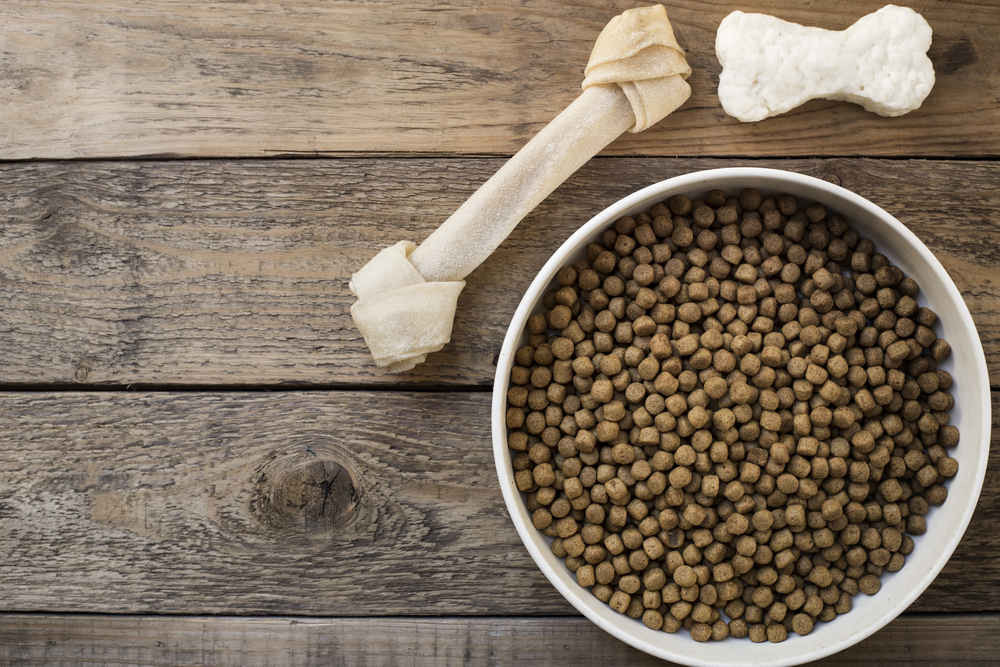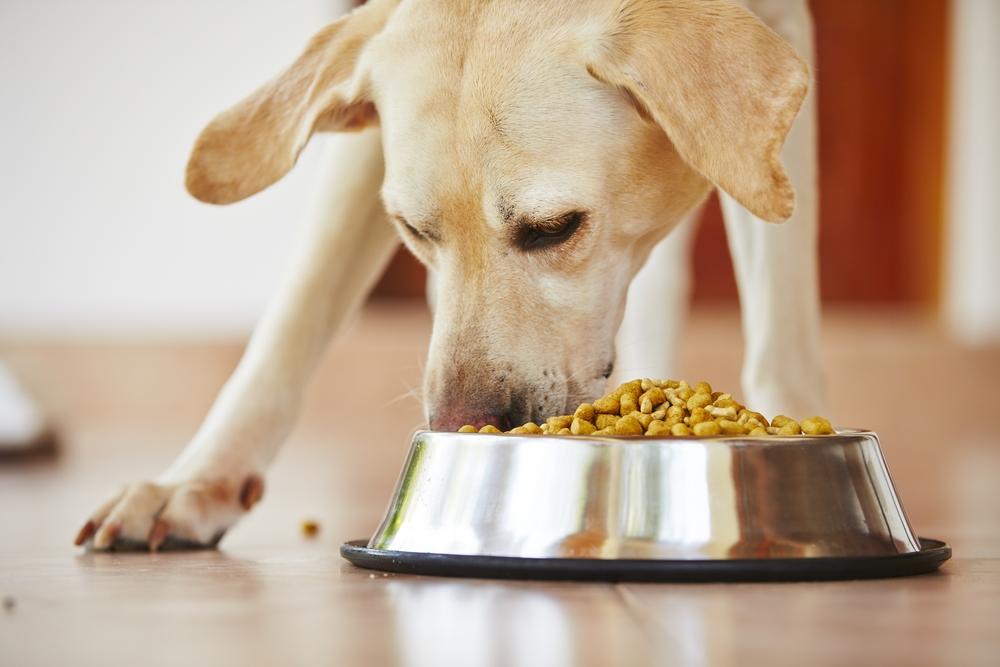Comprehensive Guide to Selecting Suitable Food for Dogs with Digestive Sensitivities
Discover comprehensive strategies for selecting the best food for dogs with digestive sensitivities. Learn how to identify symptoms, pinpoint allergens, and choose gentle, nutritious options to enhance your pet’s health and comfort. Expert tips from veterinary professionals guide you through the process of managing sensitive stomachs effectively. This detailed guide emphasizes tailored diet plans that align with your dog’s unique needs, ensuring a happier and healthier life for your furry friend.

Expert Recommendations for Choosing the Right Food for Dogs with Sensitive Digestion
Navigating the vast array of dog food options available on the market can be a daunting task for pet owners. With countless brands, formulas, and ingredients to consider, making an informed choice is essential to ensure your beloved pet’s health and happiness. The key to providing optimal nutrition lies in understanding your dog’s specific digestive needs, recognizing signs of sensitivities, and selecting the most appropriate, high-quality food tailored to their unique requirements.
Every pet owner wants to see their dog thrive, and the decision of what to feed them plays a pivotal role in their overall well-being. Proper dietary choices can prevent discomfort, manage existing sensitivities, and promote a vibrant, healthy life for your furry friend. Therefore, investing time in research, consulting veterinary professionals, and understanding your dog’s individual health profile are critical steps in making the best food choices.
Understanding and Managing Digestive Sensitivities in Dogs
Dogs are generally known for their hearty appetites and enthusiastic eating habits, which might lead owners to believe they have robust digestive systems. However, some dogs develop digestive issues that require careful attention. These issues often stem from food allergies, dietary changes, infections, or gastrointestinal disorders. Recognizing these sensitivities early can significantly improve your dog’s quality of life.
Identifying Signs of a Sensitive Stomach
Being vigilant about your dog’s health is crucial. Signs indicating digestive discomfort include frequent vomiting, diarrhea, bloating, nausea, rashes, restlessness, and even fever. Observing these symptoms in relation to meal times can help pinpoint possible food-related issues. Monitoring your pet’s response to different foods is essential in managing their diet effectively.
Veterinarians often recommend an elimination diet as the first step in diagnosing food sensitivities. This involves removing suspected allergens from your dog’s diet one at a time and observing any improvements. Once the problematic ingredients are identified, you can switch to more digestive-friendly options that support your dog’s health.
Common Food Allergens That Cause Digestive Problems in Dogs
Several ingredients are notorious for triggering allergies and sensitivities in dogs, leading to gastrointestinal disturbances. Recognizing these common allergens is vital for selecting suitable foods:
Beef
Dairy products (milk, cheese, etc.)
Eggs
Wheat
Soy
Chicken
Corn
Lamb
After identifying the offending ingredient, your next step is choosing foods that are gentle on your dog’s digestive system. These should feature limited ingredients and be formulated to minimize exposure to known allergens.
Top Recommended Dog Foods for Dogs with Sensitive Stomachs
When selecting food for a sensitive stomach, opt for products formulated specifically for digestive health. Here are some trusted options that have helped many pet owners:
Taste of the Wild — Canine Formula
Hill’s Science Diet — Sensitive Stomach & Skin
Natural Balance — Vegetarian Recipe
Wellness Simple — Limited Ingredient Wet Food
BLUE Basics — Limited Ingredients Dry Food
Nature’s Variety — Instinct Grain-Free Raw Boost
Solid Gold — Holistic Small & Toy Breed Options
Purina Pro Plan — Sensitive Skin & Stomach Salmon & Rice
If these options do not fully meet your dog’s needs, consult your veterinarian for personalized recommendations tailored to your pet’s specific health profile.
Is Switching to a Specialized Food Necessary for My Dog’s Condition?
Deciding whether your dog requires a specialized diet should be a professional decision. Your veterinarian can assess your dog’s health, confirm allergies or sensitivities, and recommend appropriate dietary adjustments. For dogs diagnosed with food allergies or intolerances, transitioning to a formula designed for sensitive digestion can lead to significant improvements in their comfort and overall health.





